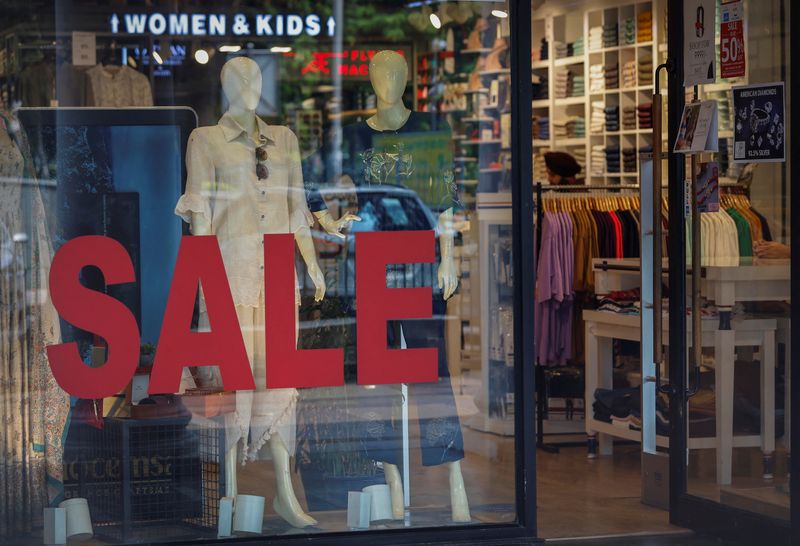(Refiles to remove garble from paragraph 8)
By Aftab Ahmed
NEW DELHI (Reuters) -India's annual retail inflation in February rose at a faster than expected pace due to elevated food prices, government data showed on Tuesday.
Annual retail inflation eased slightly to 5.09% in February from 5.10% in January, but was higher than 5.02% forecast by a Reuters poll of 42 economists.
Food inflation, which accounts for nearly half of the overall consumer price basket, rose 8.66% in February, compared with a 8.30% rise in January.
Despite retail inflation being within the mandated band of 2%-6%, uncertainties in food prices have worried policymakers.
Last month, the Reserve Bank of India (RBI) left its rates unchanged and signalled it would not lower interest rates until it achieves inflation of 4% on a durable basis.
It expects inflation of 5.4% for the current fiscal year that ends on March 31, and has projected 4.5% for the next fiscal year.
"It will take a few more months before it reaches the RBI’s 4% long-term target," said Thamashi De Silva from Capital Economics. "We think that food price inflation will drop back only slowly over the coming months."
Prices of cereals were 7.60% higher year-on-year in February compared to 7.83% in the previous month, while vegetable prices rose 30.25% compared to 27.03% in January, data showed. Pulse prices rose nearly 19% year-on-year in February.
Core inflation, which strips out volatile food and energy prices, is estimated at 3.3%-3.37% in February, compared with 3.6% in January, according to two economists.
The Indian government does not release core inflation figures.
Core inflation has been falling despite strong growth in India's economy.

The economy expanded 8.4% in the final three months of December, its fastest pace in one-and-a-half years. The government revised its growth estimate for the current fiscal year to March 31 to 7.6% from 7.3%.
"Weak core inflation at a time of strong growth is a conundrum - the only reason could be the weak input price growth. Expect a status quo on policy rates in near term," said Devendra Kumar Pant, economist at India Ratings.